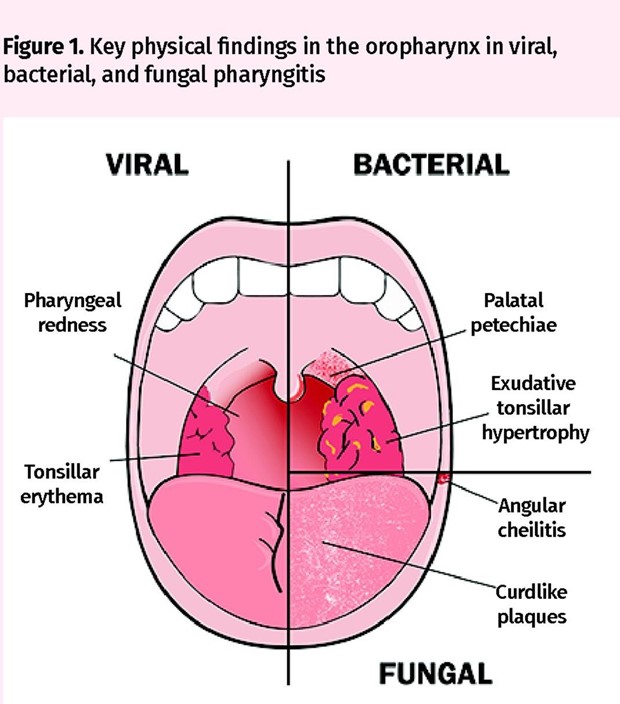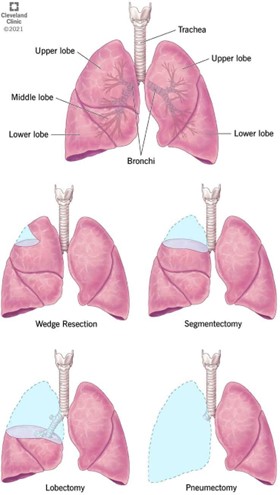A nurse is providing teaching to the parents of a child who has streptococcal pharyngitis about ways to prevent disease transmission. Which of the following responses by the parents indicates an understanding of the teaching?
"We'll continue to encourage him to drink lots of fluids."
"We'll take his temperature every 4 hours."
"We'll discard his toothbrush and buy another."
"We'll give him Tylenol for the pain."
The Correct Answer is C
Discarding the toothbrush and buying another is a way to prevent disease transmission, as the toothbrush can harbor bacteria and reinfect the child or spread the infection to others. The toothbrush should be discarded after 24 hours of antibiotic therapy.
a) Encouraging the child to drink lots of fluids is a way to promote hydration and soothe the throat, but it does not prevent disease transmission. The child should avoid sharing cups or utensils with others and use disposable tissues or paper towels.
b) Taking the child's temperature every 4 hours is a way to monitor fever, but it does not prevent disease transmission. The thermometer should be cleaned and disinfected after each use and not shared with others.
d) Giving the child Tylenol for the pain is a way to relieve discomfort, but it does not prevent disease transmission. The medication should be administered according to the label instructions and not shared with others.

Nursing Test Bank
Naxlex Comprehensive Predictor Exams
Related Questions
Correct Answer is B
Explanation
This response is empathetic and therapeutic, as it acknowledges the client's feelings and invites her to express her concerns. It also shows respect and interest in the client's perspective.
a) This response is false reassurance and nontherapeutic, as it dismisses the client's feelings and implies
that the surgery will solve everything.
b) This response is self-disclosure and nontherapeutic, as it shifts the focus from the client to the nurse and
does not address the client's fears.
d) This response is minimizing and nontherapeutic, as it tells the client how to feel and does not acknowledge the client's regret or anxiety.

Correct Answer is B
Explanation
A humidifier bottle adds moisture to the oxygen, which prevents drying and irritation of the nasal mucosa
and enhances gas exchange.
a. Remove the nasal cannula while the client eats. This is not advisable, as the client may become hypoxic during eating, especially if they have pneumonia and impaired lung function. The nurse should monitor the client's oxygen saturation and respiratory status during meals and adjust the oxygen delivery device as needed.
c. Secure the oxygen tubing to the bed sheet near the client's head. This is not safe, as it can cause entanglement, dislodgement, or kinking of the tubing, which can compromise oxygen delivery and cause injury to the client.
d. Apply petroleum jelly to the nares as needed to soothe mucous membranes. This is not recommended, as petroleum products can ignite in the presence of oxygen and cause burns or fire. A water-based lubricant should be used instead.

Whether you are a student looking to ace your exams or a practicing nurse seeking to enhance your expertise , our nursing education contents will empower you with the confidence and competence to make a difference in the lives of patients and become a respected leader in the healthcare field.
Visit Naxlex, invest in your future and unlock endless possibilities with our unparalleled nursing education contents today
Report Wrong Answer on the Current Question
Do you disagree with the answer? If yes, what is your expected answer? Explain.
Kindly be descriptive with the issue you are facing.
